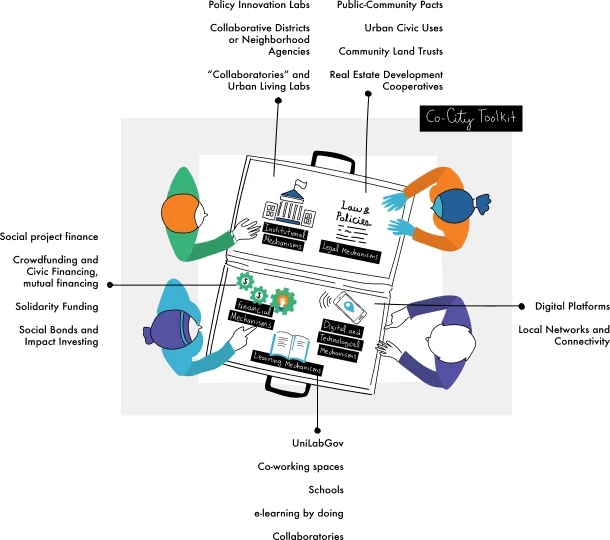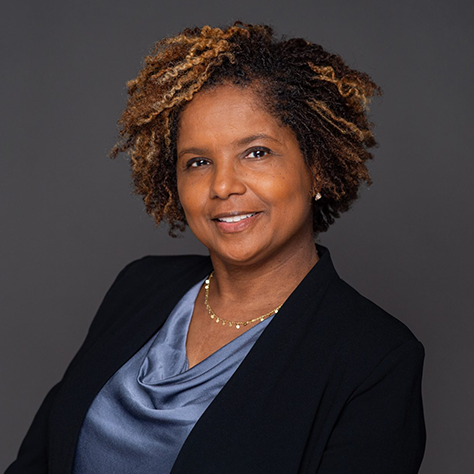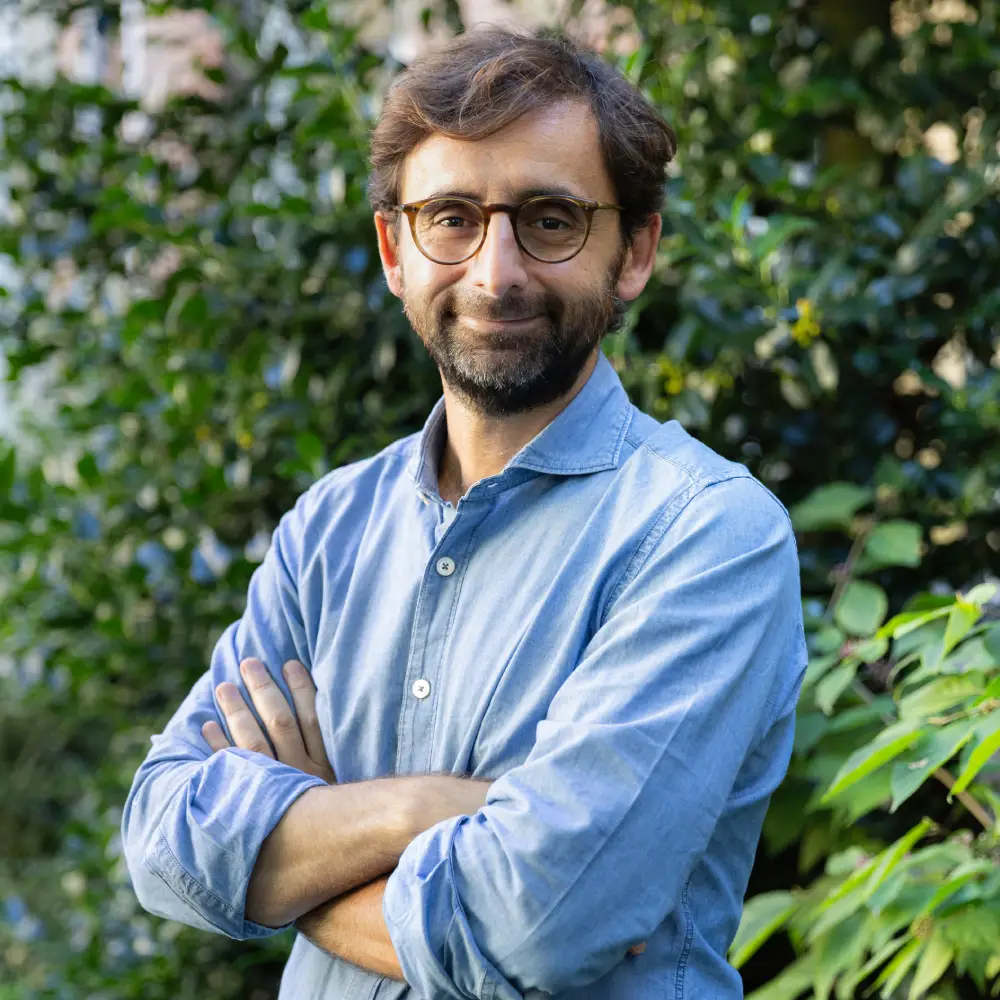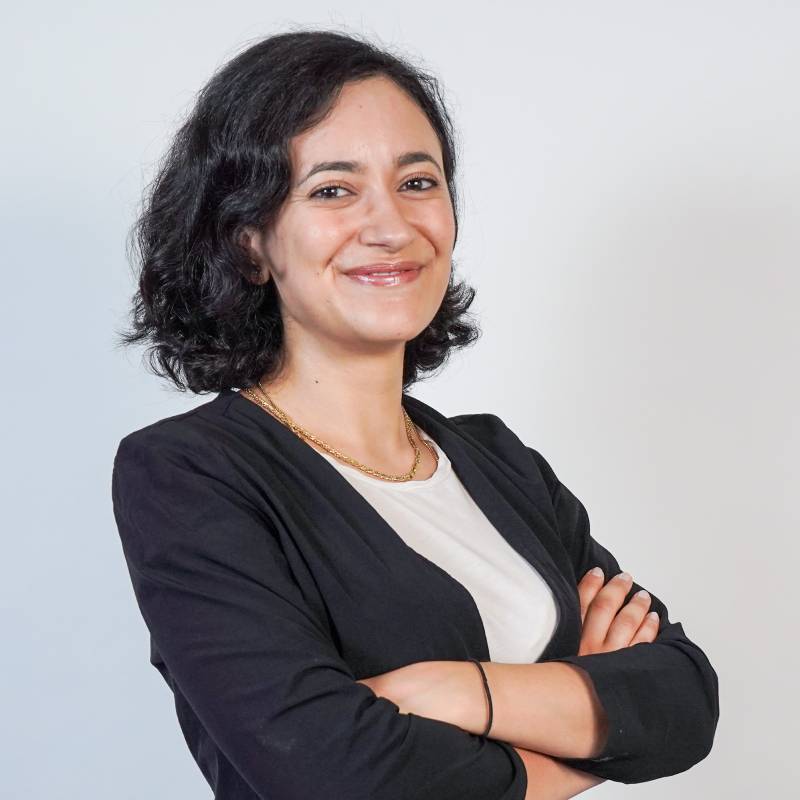
The City of Bologna was awarded an inaugural Cities of Service Award by Bloomberg Philanthropies for this innovation.
In November 2015, LabGov hosted in Bologna the first international academic conference “The City as a Commons”, which brought together over 200 researchers, experts, and practitioners from around the world to share experiences with urban co-governance.
Following this conference and a convening of American and European city representatives at the Rockefeller Foundation’s Bellagio workshop, other LabGovs began to emerge and spread across several urban areas worldwide including in the United States, Hong Kong, Sao Paolo, and San Jose, Costa Rica. The Co-Bologna project laid the foundation of the Co-City protocol that was later tested in other Italian cities, including Battipaglia, Mantua, Reggio Emilia, and Rome. Other Co-Cities projects have since emerged in various cities, including New York City, Amsterdam, Turin, and Baton Rouge (Louisiana).
LabGov launched the Co-Cities Project which is designed to test, evaluate, and refine the Co-City approach that has been applied in different cities around the world. The methodology is supported by an international team of researchers that has been investigating, collecting data on, and mapping collaboratively created, community-led policies and projects in different kinds of communities and cities.
To date, the project has collected over 500 case studies, 95 of which have been closely analyzed, and mapped nearly 200 cities. Additional cities are being added and new case studies are underway.

The CoCity approach and several of the case studies are contained in Foster and Iaione’s award-winning book, Co-Cities: Innovative Transitions Toward Just and Self-Sustaining Communities (MIT Press).

The Co-City approach draws from LabGov’s experience working in different cities and lessons learned from surveying hundreds of projects around the world as part of its Co-Cities project. LabGov designs and implements innovative institutional, legal, financial, and digital tools that enable communities to co-create and steward land, digital, and other resources with public and private partners.







